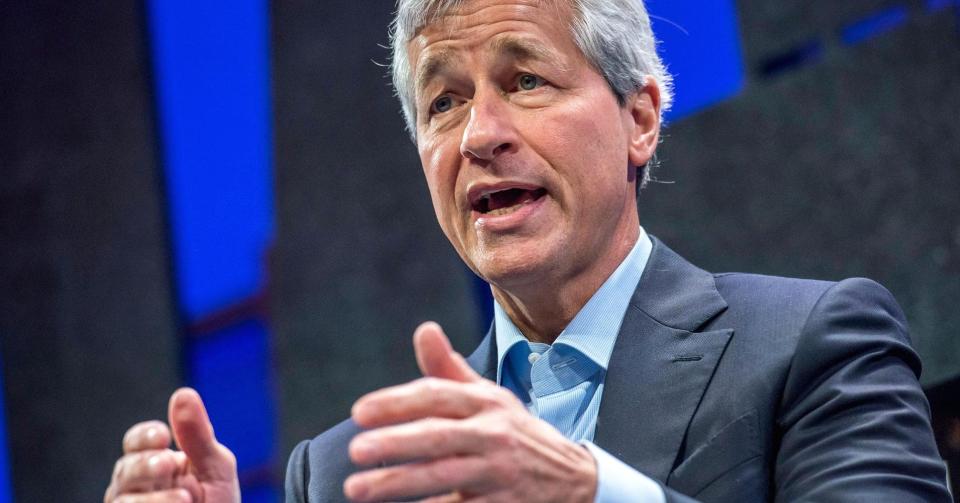Consumer confidence is at a 13-year high in America
Confidence continues to rise among America’s consumers.
On Friday, the latest consumer sentiment numbers from the University of Michigan released Friday showed that in March confidence rose again, as the index of consumer sentiment rose to 97.6 from a final reading of 96.3 in February.
Though just below readings seen in January and February, March’s preliminary reading indicates consumers haven’t been this consistently confident since early 2004.
“The overall level of consumer sentiment remained quite favorable in early March due to renewed strength in current economic conditions as well as the extraordinary influence of partisanship on economic prospects,” said Richard Curtin, chief economist for the survey.
“The Current Economic Conditions component reached its highest level since 2000, largely due to improved personal finances.”
Partisanship everywhere
Inside the UMich report, however, there still existed an incredible amount of partisanship among consumers.
“Among Democrats, the Expectations Index at 55.3 signaled that a deep recession was imminent,” Curtin said, “while among Republicans the Index at 122.4 indicated a new era of robust economic growth was ahead.”
Curtin added, “Importantly, there was no moderation in these extreme views from last month, with the maintenance of the partisan divide fueled by selective attention to economic news, with Democrats more frequently reporting unfavorable developments and Republicans more frequently hearing of favorable changes.”

Optimistic consumers, Curtin noted, are likely to increase their discretionary spending while those who are pessimistic will pare back.
This is likely to lead to uneven spending gains over time and across products.
“Overall, the sentiment data has been characterized by rising optimism as well as by rising uncertainty due to the partisan divide,” Curtin said.
Optimism everywhere
Friday’s consumer sentiment report comes during a week in which measures of confidence from across the economic spectrum have pointed to American workers and business leaders remaining bullish on their prospects.
On Thursday, we learned that in January, the number of Americans quitting their jobs rose to a seasonally-adjusted total of 3.22 million, the highest number since February 2001. The quits rate rose in January to 2.2%.
People quitting their jobs in droves is seen as a sign of confidence among workers, as folks are unlikely to quit a job unless they are confident they can get another one.
Earlier this week, both major U.S. CEOs and American small businesses indicated that confidence remains elevated.
On Tuesday, the Business Roundtable’s CEO Economic Outlook Index jumped 19.1 points to 93.3, the biggest jump since the end of 2009. This index measures expectations for sales, investment, and employment. Like many economic surveys, any reading over 50 indicates expected economic expansion.
JPMorgan (JPM) CEO Jamie Dimon, who is chairman of the Business Roundtable, said in that release, “I am enthusiastic about the opportunity to enact a meaningful pro-growth agenda that will benefit all Americans. As these results confirm, business confidence and optimism have increased dramatically.”

The National Federation of Independent Business also released its February reading on small business optimism on Tuesday, which came in at 105.3, slightly down from January’s 105.9, but still near its best levels in a decade. A major highlight in this report was a drop in the number of businesses citing government red tape as their biggest problem.
The NFIB’s report did, however, caution that we haven’t seen a huge translation from this confidence into action. “Optimism has not faded, but the enthusiasm has yet to be translated into an equally impressive increase in spending and hiring,” the NFIB said in its report. “This will require progress on the agenda that business owners voted for.”
—
Myles Udland is a writer at Yahoo Finance. Follow him on Twitter @MylesUdland
Read more from Myles here:

 Yahoo Finance
Yahoo Finance 
